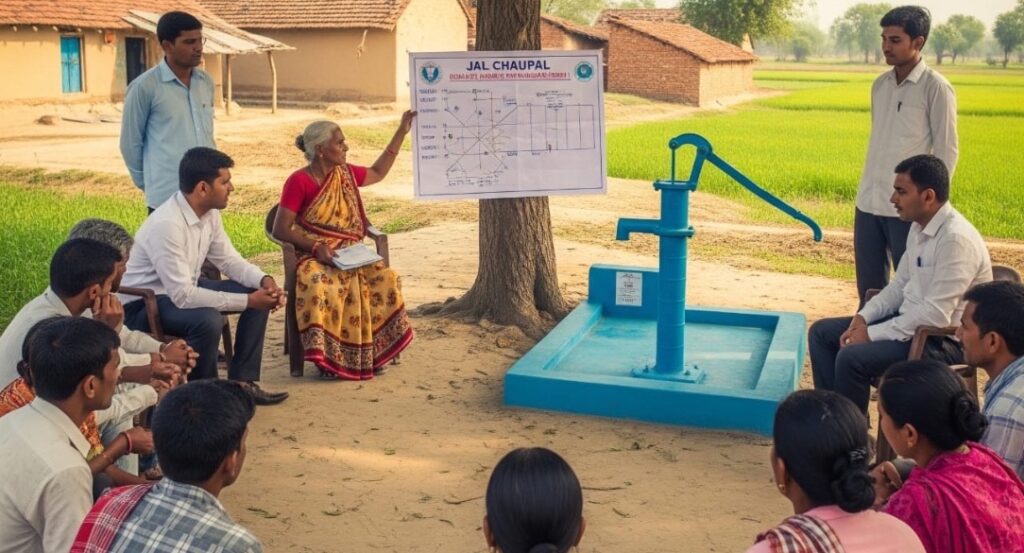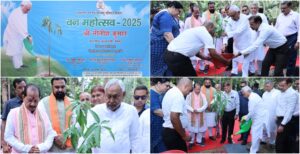
Patna: In a move aimed at strengthening transparency and public participation in water service delivery, Bihar’s Public Health Engineering Department (PHD) has announced that Jal Chaupal, a grassroots water governance initiative will now be held monthly at the ward level across the state.
According to a formal notification issued by the department, Jal Chaupal will be conducted on the first Thursday of every month under the Har Ghar Nal Ka Jal scheme, part of the state’s flagship Saat Nischay Yojana. The sessions are intended to assess the status of drinking water supply, identify service gaps, and engage directly with pump operators, maintenance staff, and local residents.
Minister Neeraj Kumar Singh, who leads the department, emphasised the importance of regular and structured community dialogue in ensuring equitable access to safe drinking water. “We will review how many households have been connected, how many are still waiting, and what needs to be done to bridge the gap,” he said. He also confirmed that lists of unconnected households would be compiled and updated at these sessions to accelerate delivery.
Jal Chaupal will also serve as a platform for educating the public on water usage norms and conservation. Citizens will be informed about daily per capita water entitlements 70 litres per person and the importance of using water judiciously. The minister warned against excessive consumption and reiterated that tap water is strictly for domestic use, not for washing vehicles, bathing livestock, or irrigating fields.
He stressed that devices such as Tullu pumps would remain banned to prevent disruptions in supply and protect pipeline infrastructure. Hygiene, water storage practices, and proper drainage methods will also form part of the monthly discussion.
To support ongoing monitoring, a ward-level committee comprising women and youth volunteers will be established. These groups will oversee water usage, raise awareness through door-to-door campaigns, and report instances of misuse.





